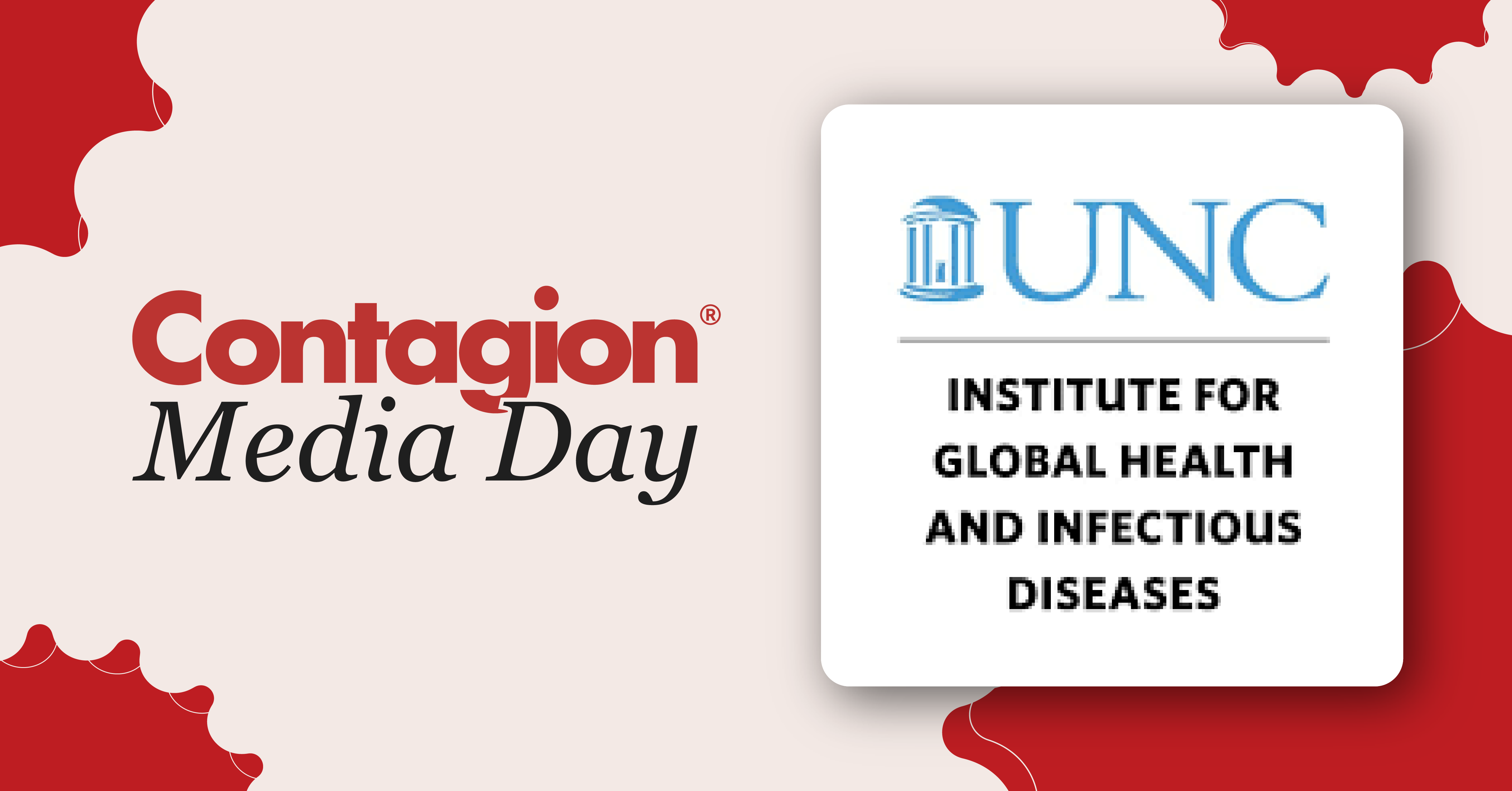UNC’s Infectious Disease Program Provides Diverse Career Paths

Christopher Sellers, MD, discusses its distinct program and diverse professional opportunities and provides some insights as to why many ID trainees stay at the University of North Carolina.
We are continuing our new series, Media Day, where we spotlight individual medical institutions and infectious disease (ID) programs. Today, we spotlight the University of North Carolina (UNC)’s Institute for Global Health and Infectious Diseases (IGHID).
Overall, UNC leads over 20 postdoctoral training programs around the world and they give their medical students and trainees global health experiences that allow them to work in underserved areas. IGHID provides students with education and career skills to address complex health challenges of diverse populations, wherever they arise.
UNC has established project sites in Malawi, Zambia, China, Vietnam, and Liberia and has done work in 45 countries. The focus is not only international but in the US and locally in North Carolina, according to Christopher Sellers, MD, MPH, program director of the Infectious Disease Fellowship Training Program. One major emphasis attached to the ID program is public health.
“I think one of the things that is truly unique here is the strength of the public health ties and opportunities in our division,” Sellers said. He explained that trainees can work within local, county, national, and international public health departments and programs.
Sellers explained that the ID fellowship offers trainees the ability to accelerate their learning with numerous opportunities due to the size of the university. For example, in addition to public health, UNC medical students can get into a variety of clinical practice and research opportunities.
“We have people who are primarily clinical doctors but in a lot of different interesting settings—taking care of patients in the prison system, taking care of people in specialized hospitals who've had organ transplants, caring for patients with tuberculosis in South Africa—there's a lot of different directions even within that,” Sellers said. “There are tons of research careers that people go on to have, spanning all different pathogens and types of research, from health behavior and health education research—which can be really important—to working on virology or epidemiology.”
In terms of UNC being attractive to young health providers, approximately 30% of ID trainees return to UNC to work in the infectious diseases department.
“There are a lot of people who are great colleagues, both in terms of being supportive and just in being interesting and fun to work alongside. I also think it's the opportunity to have an impact—to be working with other really talented people in ways that catalyze innovation and advances in the field. People often will look around and realize that this is the best place to do what they want to do,” Sellers said.
And for those who do not stay, the trainees at UNC are prepared to take on new career opportunities in government agencies or hospital institutions such as the Centers for Disease Control and Prevention, National Cancer Institute, and the Cleveland Clinic.
One of the goals Sellers strives for is to help bring trainees to the next level and become the next experts and leaders in the field.
“We spend a lot of time thinking about how can we help you go from being a really good infectious disease doctor to a spectacular one,” he said.
Look for the next episode tomorrow when William A. Fischer II, MD; and David Wohl, MD, discuss UNC’s Special Pathogens Response Center and their participation in helping to lead UNC's preparedness drills.
Newsletter
Stay ahead of emerging infectious disease threats with expert insights and breaking research. Subscribe now to get updates delivered straight to your inbox.


































































































































